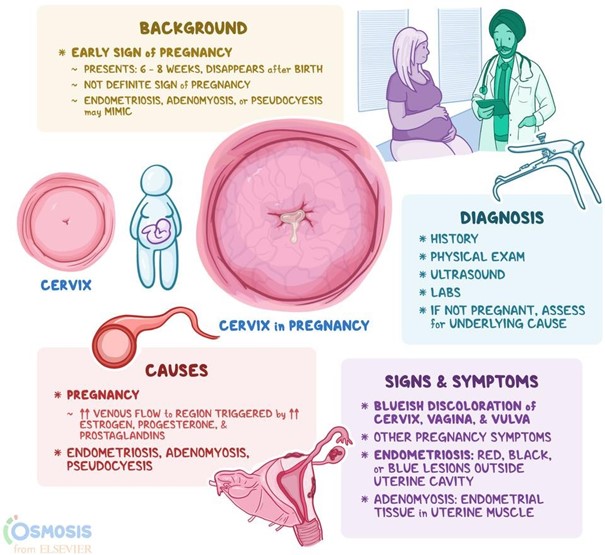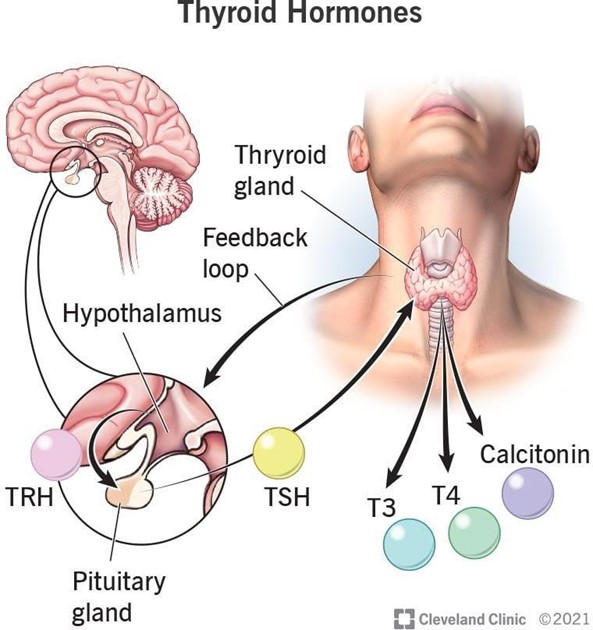A nurse is reinforcing teaching with a client about the use of budesonide for asthma management.
Which of the following statements by the adolescent indicates an understanding of the teaching?
"I will take my inhaler treatment before each meal and at bed time."
"I should use my inhaler when I have an asthma attack."
"I should use my inhaler before exercising."
"I will rinse my mouth and gargle with water after each inhaler treatment."
The Correct Answer is D
Budesonide is a corticosteroid inhaler used for long-term management of asthma. It helps to reduce inflammation and prevent asthma symptoms. Rinsing the mouth and gargling with water after using a corticosteroid inhaler can help reduce the risk of developing oral thrush, a fungal infection.
The other statements are incorrect and indicate a misunderstanding of the teaching: "I will take my inhaler treatment before each meal and at bedtime": Budesonide is not typically used before meals or at bedtime. It is usually taken on a regular schedule, as prescribed by the healthcare provider, to provide long-term control of asthma symptoms.
Using the inhaler before exercising is important because physical activity can trigger asthma symptoms in some individuals. By using the inhaler before exercise, the client can help prevent exercise-induced asthma symptoms. However, this depends on the degree of difficulty of the exercise.
"I should use my inhaler when I have an asthma attack": Budesonide is not a rescue inhaler for immediate relief of asthma symptoms during an asthma attack. It is a controller medication meant to be used regularly to prevent symptoms from occurring.
Nursing Test Bank
Naxlex Comprehensive Predictor Exams
Related Questions
Correct Answer is A
Explanation
Explanation
A. Chadwick’s sign
Chadwick's sign is a characteristic change that occurs during pregnancy, specifically in the cervix, vagina, and vulva. It is characterized by a bluish or purplish discoloration of these areas.
Chloasma in (option B) is incorrect because it is a condition characterized by the development of dark patches on the skin, commonly referred to as "mask of pregnancy." Chloasma typically affects the face, particularly the cheeks, forehead, and upper lip. It is not associated with a change in colour in the vaginal or vulvar area.
Hegar's sign in (option C) is incorrect because it is a softening of the lower uterine segment that can be felt during a pelvic examination. It is not related to the colour changes in the vaginal or vulvar area.
Ballottement in (option D) is incorrect because it is a palpation technique used during a prenatal examination to assess the position of the foetus. It involves the examiner gently pushing against the uterus and feeling a rebound or "floating" movement of the foetus. It does not involve changes in the colour of the vaginal or vulvar area.

Correct Answer is B
Explanation
Explanation B.Triiodothyronine
Levothyroxine is a synthetic form of the thyroid hormone thyroxine (T4). It is converted to triiodothyronine (T3), the active form of the thyroid hormone, in the body. Monitoring the levels of triiodothyronine (T3) can help assess the effectiveness of levothyroxine therapy and ensure that the client's thyroid hormone levels are within the desired therapeutic range.
Serum potassium levels in (option A) should not be monitored because they are not directly affected by levothyroxine. However, imbalances in electrolytes can occur in some individuals with thyroid disorders. Electrolyte levels may be monitored, but it is not the primary focus of monitoring for levothyroxine therapy.
Blood urea nitrogen (BUN) in (option C) should not be monitored because it is a test used to assess kidney function and is not directly related to monitoring levothyroxine therapy.
Prothrombin time (PT) in (option D) should not be monitored because it is a test used to evaluate the clotting function of the blood and is not specifically related to monitoring levothyroxine therapy.

Whether you are a student looking to ace your exams or a practicing nurse seeking to enhance your expertise , our nursing education contents will empower you with the confidence and competence to make a difference in the lives of patients and become a respected leader in the healthcare field.
Visit Naxlex, invest in your future and unlock endless possibilities with our unparalleled nursing education contents today
Report Wrong Answer on the Current Question
Do you disagree with the answer? If yes, what is your expected answer? Explain.
Kindly be descriptive with the issue you are facing.
